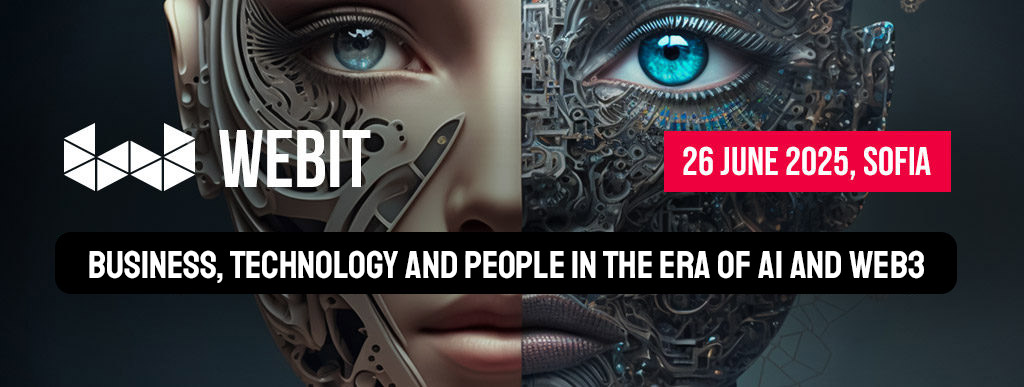Artificial Intelligence (AI) is revolutionizing healthcare, particularly in the fields of personalized medicine and genomics. By leveraging AI’s advanced analytical capabilities, healthcare providers can deliver customized treatments, predict diseases before symptoms arise, and enhance patient outcomes. From AI-driven diagnostics to genome sequencing advancements, this article explores the key ways AI is transforming personalized medicine and genomics, shaping the future of healthcare.
1. AI-Driven Personalized Medicine
Traditional healthcare follows a one-size-fits-all approach, but AI is changing this by enabling precise, individualized treatments. AI systems analyze vast datasets, including genetic information, medical history, and lifestyle factors, to recommend tailored therapies for each patient.
For example, AI-powered platforms use deep learning to match cancer patients with the most effective treatments based on their genetic profiles. Companies like Tempus and IBM Watson Health utilize AI to analyze molecular data, helping doctors make informed decisions about targeted therapies.
By integrating AI into personalized medicine, healthcare providers can improve treatment efficacy, minimize adverse effects, and enhance patient experiences.
2. Advancements in Genomics Through AI
Genomics—the study of an individual’s DNA—has seen groundbreaking advancements with AI. AI algorithms can process complex genetic sequences at an unprecedented scale, identifying mutations and gene variations linked to diseases.
DeepMind’s AlphaFold, for instance, predicts protein structures with remarkable accuracy, aiding in drug discovery and understanding genetic disorders. Similarly, AI-driven CRISPR tools are enhancing gene-editing techniques, paving the way for potential cures for hereditary diseases.
With AI’s capability to decode genetic information, researchers can develop novel therapies for conditions like Alzheimer’s, diabetes, and rare genetic disorders.
3. AI in Early Disease Detection and Prevention
AI is playing a crucial role in detecting diseases before they manifest clinically. By analyzing medical imaging, electronic health records, and genomic data, AI can identify risk factors and predict the onset of diseases.
For instance, Google’s DeepMind has developed AI models capable of detecting breast cancer with greater accuracy than human radiologists. Similarly, AI-powered polygenic risk scores analyze genetic predispositions to conditions like heart disease and diabetes, enabling proactive healthcare measures.
Early detection through AI helps in timely interventions, reducing healthcare costs and improving survival rates.
4. AI-Enabled Drug Discovery and Development
AI is revolutionizing drug discovery by accelerating the identification of potential drug candidates. Traditional drug development is costly and time-consuming, but AI models can analyze vast datasets to pinpoint promising compounds in a fraction of the time.
AI-driven platforms like Insilico Medicine and BenevolentAI use deep learning to predict molecular interactions and optimize drug formulations. These advancements not only expedite research but also make personalized drug development more feasible.
By integrating AI into pharmaceutical research, companies can create highly targeted treatments for specific genetic profiles, enhancing drug efficacy and safety.
5. AI-Powered Wearable Technology and Remote Monitoring
Wearable devices equipped with AI are transforming healthcare by providing real-time health monitoring. Smartwatches, biosensors, and AI-driven apps collect and analyze biometric data, alerting users and healthcare professionals to potential health concerns.
For example, AI-powered ECG monitors can detect irregular heart rhythms, such as atrial fibrillation, enabling early intervention. Similarly, continuous glucose monitors (CGMs) equipped with AI help diabetic patients maintain optimal blood sugar levels.
By integrating AI into wearable technology, individuals can receive proactive healthcare recommendations, improving overall well-being.
6. Ethical Considerations and Challenges
While AI offers remarkable potential, it also raises ethical concerns, such as data privacy, bias in AI algorithms, and accessibility to AI-driven healthcare solutions. Ensuring transparent and equitable AI implementation is crucial to prevent disparities in personalized medicine.
Regulatory frameworks and collaborations between policymakers, researchers, and healthcare providers are essential to address these challenges and build trust in AI-driven healthcare solutions.
The Future of AI in Personalized Medicine and Genomics
As AI continues to evolve, its applications in healthcare will expand further. Future developments may include real-time AI-driven diagnostics, hyper-personalized treatment plans based on multi-omics data, and AI-assisted robotic surgeries.
Additionally, AI-powered genomic research will unlock new frontiers in understanding hereditary diseases, advancing gene therapy techniques, and potentially eradicating genetic disorders.
The convergence of AI, personalized medicine, and genomics is set to redefine healthcare, making treatments more effective, predictive, and accessible.
Conclusion
AI is no longer a futuristic concept—it is actively transforming personalized medicine and genomics. By enhancing disease detection, optimizing treatment plans, and accelerating drug discovery, AI is shaping the future of healthcare.
Join the discussion and learn from global leaders in the industry on the 26th of June 2025 Sofia. Webit: Business, Technology and People in the era of AI and Web3 is an exciting opportunity for industry leaders and experts to come together to discuss the latest trends and developments in the field of AI-driven healthcare transformation.
Check our ticket options here:
Business, Technology and People in the era of AI and Web3

